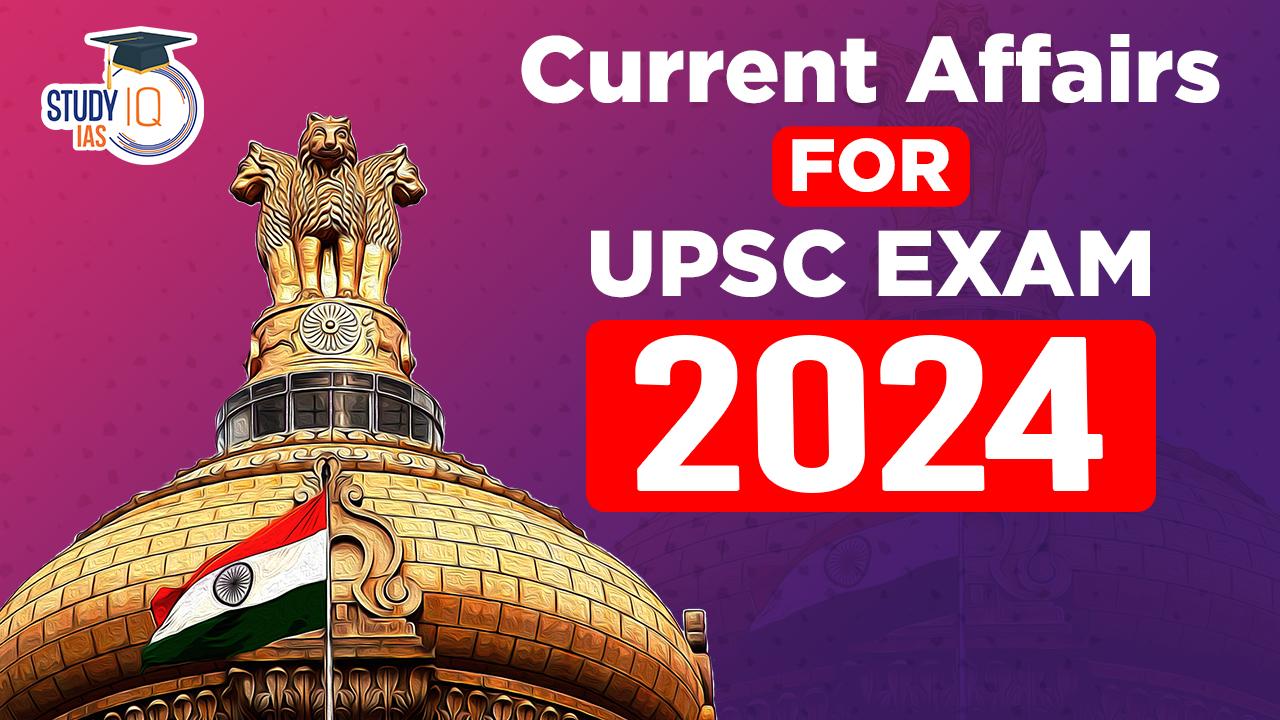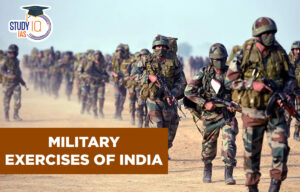Table of Contents
AI agents vs LLMs
Context
- GPT-4o and Project Astra are considered far superior to traditional voice assistants like Alexa, Siri, and Google Assistant.
- They represent a shift from chatbots to multimodal interactive AI agents.
Understanding AI Agents
- Definition:
- AI agents are advanced AI systems capable of real-time, multi-modal interactions (text, image, or voice) with humans.
- They differ from conventional language models by processing and responding to diverse inputs, including voice and images.
- Capabilities:
- AI agents are adaptable to new situations, making them versatile and suitable for various applications.
- They use sensors to perceive their environment, process information with algorithms or AI models, and take appropriate actions.
- Current Applications: AI agents are used in gaming, robotics, virtual assistants, autonomous vehicles, and more.
Differences from Large Language Models
- Interaction:
- Large language models (LLMs) like GPT-3 and GPT-4 generate human-like text but lack the multi-modal interaction capabilities of AI agents.
- AI agents enable natural and immersive interactions using voice, vision, and environmental sensors.
- Contextual Awareness:
- AI agents understand and learn from the context of interactions, providing more relevant and personalised responses.
- Unlike LLMs, AI agents can perform complex tasks autonomously and integrate with robotic systems to execute physical actions.
Potential Uses of AI Agents
- As Intelligent Assistants: AI agents can handle tasks like offering personalised recommendations and scheduling appointments.
- They are ideal for customer service, providing seamless natural interactions and instant query resolution without human intervention.
- In Education and Training: AI agents can act as personal tutors, customising instructions based on a student’s learning style.
- They can offer tailored educational content and support.
- In Healthcare: AI agents can assist medical professionals with real-time analysis, diagnostic support, and patient monitoring.
Risks and Challenges
- Privacy and Security: AI agents’ access to personal data and environmental information raises privacy and security concerns.
- Bias and Regulation: AI agents can carry biases from their training data or algorithms, potentially leading to harmful outcomes.
- Proper regulations and governance frameworks are necessary to ensure responsible deployment of these systems.
Palestine’s Recognition
Context
- Norway, Ireland, and Spain announced their intention to recognize the state of Palestine.
- This marked the first time Western European countries have committed to such recognition.
Understanding State Recognition
- Definition of Statehood: According to the Montevideo Convention on the Rights and Duties of States (1933), a state must have:
- A permanent population
- A defined territory
- A government
- The capacity to enter into relations with other states
- Statehood is the central organising idea in the international system, but formal recognition depends on global perception.
- UN Membership Criteria:
- Article 4 of the UN Charter states membership is open to all peace-loving states willing to carry out the obligations of the Charter.
- Admission to the UN requires a two-thirds majority vote in the General Assembly, following a recommendation from the Security Council.
- The Security Council has five permanent members (US, UK, Russia, China, France) and ten temporary members. A recommendation needs at least nine votes in favour and no vetoes from permanent members.
Status of Palestine at the UN
- Current Status:
- Palestine is a “Permanent Observer State” at the UN, along with the Holy See representing Vatican City.
- As a Permanent Observer State, Palestine can participate in all UN proceedings but cannot vote on resolutions and decisions.
- Historical Context:
- Palestine became a “non-member Permanent Observer State” in 2012, hoping to rejuvenate the peace process.
- Recent attempts by Palestine to secure UN membership have been vetoed by the United States in the Security Council.
Global Recognition of Palestine
- Existing Recognition:
- Before Norway, Ireland, and Spain’s announcement, 143 of the UN’s 193 members recognized Palestine as a state.
- Most recognitions come from countries in Asia, Africa, and South America, with India recognizing Palestine in 1988.
- Importance of Recognition:
- Recognition is crucial for Palestinian self-determination and their right to decide their political future and government.
- The 1947 UN Partition Plan for Palestine proposed the establishment of a Jewish state, an Arab state, and an international administration for Jerusalem.
Implications of Norway-Ireland-Spain Recognition
- Diplomatic Impact:
- Recognition usually leads to the establishment of embassies and diplomatic relations.
- Norway plans to upgrade its representative office in the West Bank to an embassy.
- International Relations:
- The move signifies a shift in Western support for Israel in the Gaza war, highlighting divisions among global actors.
- Spain’s Prime Minister Pedro Sánchez emphasised moral conviction and the necessity of fighting Hamas, while criticising Israeli actions in Gaza.
- Potential Domino Effect:
- The decision by Norway, Ireland, and Spain may encourage other countries to recognize Palestine.
- French President Emmanuel Macron has indicated that recognizing a Palestinian state is not “taboo” for France.
Historical and Political Context
- 1947 UN Partition Plan:
- The plan proposed a two-state solution, which Palestinian leaders rejected, leading to the Arab-Israeli war.
- Israel emerged victorious, and in 1949, its UN membership was approved with support from most permanent Security Council members.
- Current Geopolitical Landscape:
- Recognition by Norway, Ireland, and Spain could influence future peace negotiations and the broader geopolitical stance on the Israel-Palestine conflict.
- This development underscores the ongoing complexity and contentious nature of international recognition and statehood for Palestine.
Religion as sole Criteria for OBC Reservation
Context
- The Calcutta High Court struck down a series of orders issued by the West Bengal government from March 2010 to May 2012 that provided reservation under the Other Backward Classes (OBC) category to 77 communities, of which 75 were Muslim.
- The court found that the reservations were based solely on religion, which is prohibited by the Constitution and court rulings.
Details of the Reservation Orders
- In 2010, the previous Left Front government identified 42 classes (41 of which were Muslim) as OBCs.
- In 2012, the Trinamool Congress government classified another 35 classes (34 of which were Muslim) as OBCs.
Government Actions and Court’s Decision
- The High Court noted that between March and September 2010, the state issued notifications including 42 classes (41 Muslim) as OBCs, entitling them to reservations under Article 16(4) of the Constitution.
- In September 2010, an order was issued to sub-categorize the 108 identified OBCs (66 pre-existing and 42 new) into “OBC-A (more Backward)” and “OBC-B (Backward)” categories.
- The initial challenge in 2011 argued that the 42 classes were identified based purely on religion and that the categorization lacked scientific and objective data.
- In May 2012, another 35 classes (34 Muslim) were added to the OBC list, which was also challenged.
- In 2013, the West Bengal Backward Classes (Other than Scheduled Castes and Scheduled Tribes) (Reservation of vacancies and posts) Act, 2012, included all 77 new OBCs in Schedule I of the Act, leading to further petitions.
- Supreme Court Precedent:
- The High Court heavily relied on the Supreme Court’s 1992 Indra Sawhney v Union of India (Mandal judgement), which prohibits identifying OBCs based solely on religion.
- The SC mandates states to establish a Backward Classes Commission for such identification.
Commission and Court’s Actions
- The West Bengal Backward Classes Commission and the government argued that the 77 classes were identified based on citizen applications and then recommended for inclusion.
- However, the court noted that these recommendations were made hastily, influenced by a public quota announcement for Muslims by the then Chief Minister.
- The court criticised the Commission’s recommendations as being driven by religion rather than objective criteria.
- It suggested that the communities were used as a “commodity for political ends” and treated as a “vote bank.”
Sub-classification of OBCs
- The court also invalidated portions of the 2012 Act that allowed the state to sub-classify OBCs into OBC-A and OBC-B and to amend the OBC list without consulting the Commission.
- The court emphasised that fair and impartial classification, including sub-classification, requires consulting the Commission and using its collected material.
Examples, Case Studies and Data
Vulnerable Sections (Social Justice- GS 2): The Yanadi Tribe in Chitti Nagar, Andhra Pradesh face significant challenges due to historical marginalisation and lack of resources in Andhra Pradesh.


 Utkal Divas 2025: Odisha Foundation Day ...
Utkal Divas 2025: Odisha Foundation Day ...
 List of Military Exercises of India 2024...
List of Military Exercises of India 2024...
 GPS Spoofing and Its Impact in India: A ...
GPS Spoofing and Its Impact in India: A ...





















